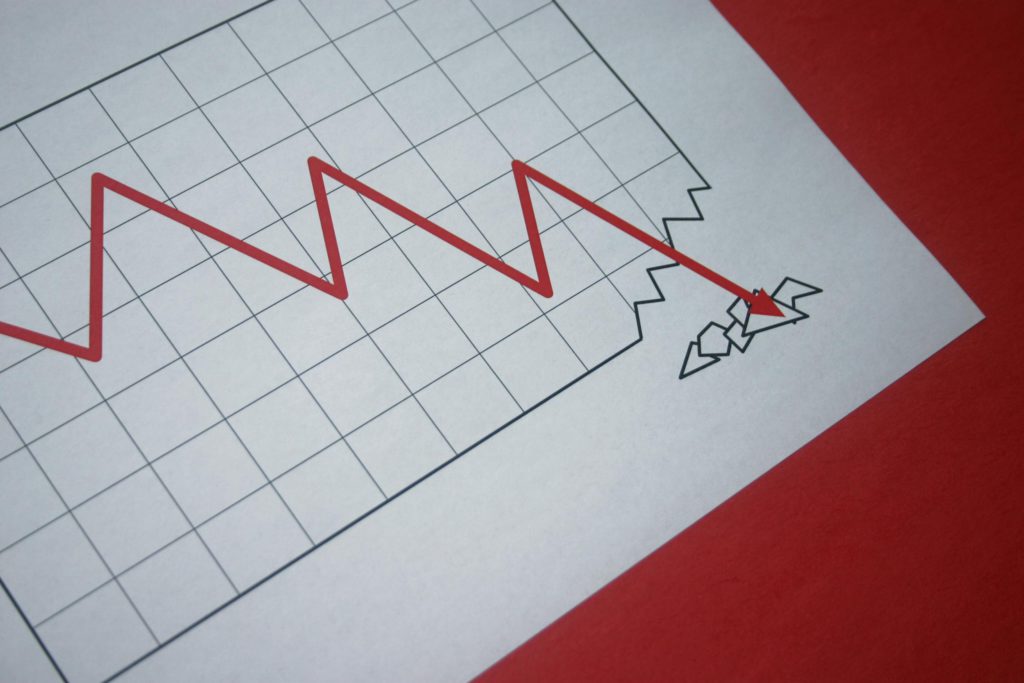UK new car sales slump 20% in April as new VED rates come into force, hybrids fall too
04 May 2017

04 May 2017
New car registrations retreated in the UK in April, slumping by 20% year on year to 152,000 units, following the introduction of new vehicle excise duty (VED) rates on 1 April. Even demand for hybrids fell, resulting in the first decline in alternative fuel vehicle (AFV) sales for 47 months.
As expected, the VED change pulled forward demand into the first quarter from later in the year. A release from the SMMT reveals that new car registrations in the first four months have still recorded their best year-to date performance ever but the market is now only up by 1.1% year on year, with 972,000 new cars registered. Mike Hawes, SMMT Chief Executive, said: ′With the rush to register new cars and avoid VED tax rises before the end of March, as well as fewer selling days due to the later Easter, April was always going to be much slower. It’s important to note that the market remains at record levels as customers still see many benefits in purchasing a new car. We therefore expect demand to stabilise over the year as the turbulence created by these tax changes decreases.’
In their release, the SMMT stated that: ′Demand was down across the board, with registrations by private buyers, businesses and large fleets falling 28.4%, 21.0% and 12.3% respectively. Petrol, diesel and alternatively fuelled vehicle registrations also declined, with AFV demand down for the first time in 47 months, albeit by a marginal 1.3%.’
From 1 April, only cars with zero emissions are still tax-exempt and the VED rates have increased for all other vehicles. This largely explains the fall in demand for hybrids as all cars that emit less than 130g CO2/km were previously tax-exempt in their first year of registration. For example, the Toyota Prius (non plug-in) hybrid and hybrid versions of the Auris officially emit between 70g and 76g CO2/km and between 79g and 91g CO2/km respectively. The Toyota brand suffered a sales decline of 23% year-on-year in the UK in April, according to SMMT data.
Although demand will invariably stabilise as the impact of the VED change diminishes, the Brexit vote has already exerted inflationary pressure on consumer goods and new car prices are also expected to rise further due to the weakening of the pound. The success of personal contract purchases (PCP) in the UK has helped boost new car sales but the UK’s car finance market could be on the verge of a mis-selling scandal because of concerns over the reliance on debt to buy vehicles, which could also dampen demand. The SMMT has previously forecast that new car registrations will decline by 5% in 2017 but Autovista Group division Glass’s has been less bearish, predicting a decline of 3.5%.
Demand for diesel cars in the UK fell by 27% year on year in April compared to a decline of just 13% for petrol-powered cars. Diesel suffered a similar fate in Germany, with the KBA motor vehicles authority reporting on Wednesday that diesel car registrations contracted by 19% year on year, whereas demand for petrol-driven cars was stable. Overall, new registrations in Germany declined by 8% in April compared to April 2016.
The news that AFV registrations fell in the UK in April, albeit only marginally, comes on the same day that ACEA has released European AFV registrations data for the first quarter. ACEA reports: ′In the first quarter of 2017, demand for alternative fuel vehicles (AFV) in the EU grew significantly (+37.6%) to 212,945 units, following a moderate increase at the end of 2016. Spain saw the largest increase in AFV registrations over the last quarter (+87.4%), followed by Germany (+67.5%), the United Kingdom (+29.9%), France (+24.8%) and Italy (+17.2%). Growth in most of these countries was fully driven by the electric and hybrid-electric segments; especially in the UK, Germany and France, which accounted for the largest numbers of new electrically chargeable cars.’ The impact of the VED change in the UK will naturally change this story.